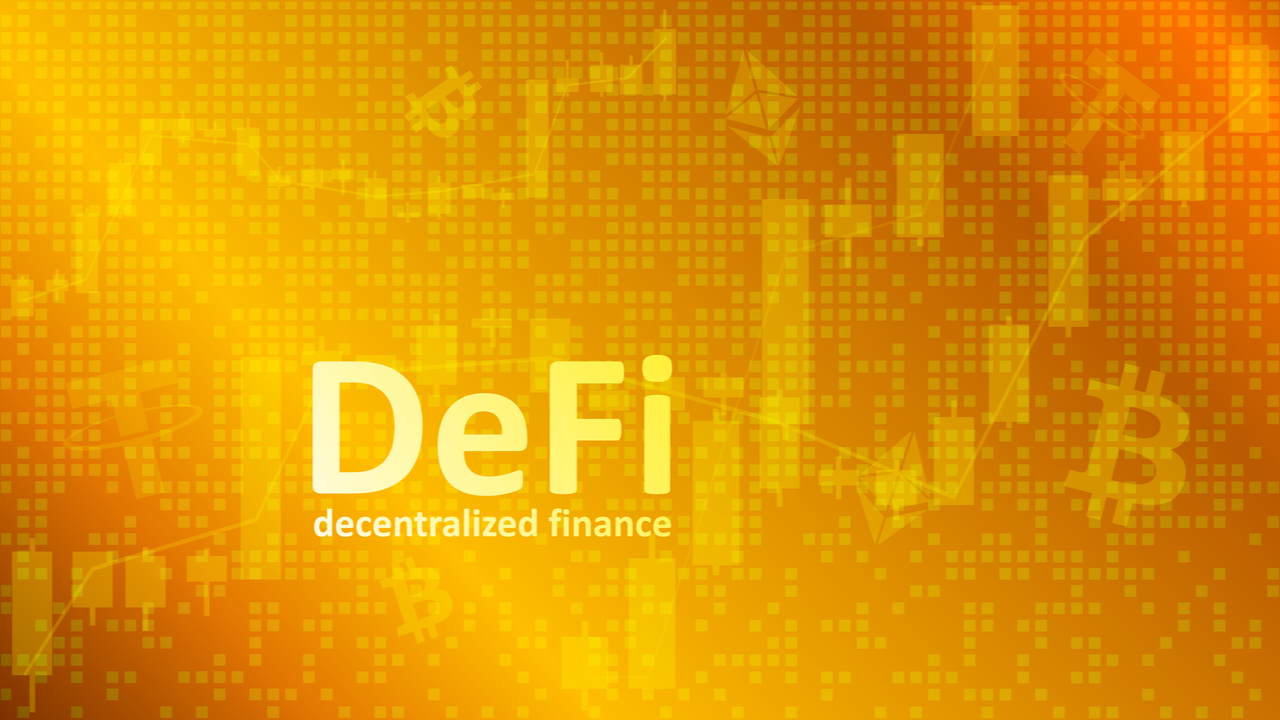A recent survey by Deloitte shows that 82% of Indians plan to invest in cryptocurrency when the government provides more clarity surrounding the regulation of crypto assets. Moreover, 77.4% of respondents want cryptocurrency to be treated as securities.
Indian Crypto Survey: 82% Plan to Invest in Crypto Once It Is Regulated
Professional services firm Deloitte and the Times of India recently conducted a survey on cryptocurrency investing. The results were published Sunday.
Out of 1,800 respondents, 55.2% said they have invested in cryptocurrencies and will continue to do so. A further 26.8% said they have not invested in crypto but are willing to invest once the government provides more clarity regarding cryptocurrency regulation in India. Meanwhile, 10.3% said they have invested in crypto but will avoid investing in this asset class in the future. The remaining 7.8% said that they are against investing in crypto. The report also notes that about 20 million people in India have invested in cryptocurrency.
When asked about their understanding of cryptocurrency, 48.5% of respondents said they would like to learn more about crypto investing, 39% said they understand crypto assets really well, and 12.5% said they are not familiar with the concept at all.
Furthermore, the survey found that 77.4% of respondents want cryptocurrency to be treated as securities. However, at least 58% of investors surveyed were not aware of the tax implications of investing in cryptocurrencies.
Regarding crypto regulation, more than 62% want the government to issue clear guidelines while 30% want measures to be adopted to make the asset class more popular. On the other hand, 10% want crypto assets banned.
Saraswathi Kasturirangan, a partner at Deloitte, commented:
Investments in cryptocurrencies have witnessed a sharp growth in India; however, the crypto industry has long been awaiting the cryptocurrency bill to be passed detailing the regulatory compliances surrounding cryptocurrencies and the taxability under direct and indirect tax laws.
Noting that “Currently, there are no specific provisions on taxability of gains made from cryptocurrency in India and hence there are open issues,” the Deloitte partner opined: “The government should come up with specific provisions with detailed rules on taxation of cryptocurrency covering the above open issues.”
The Indian government is still working on a cryptocurrency bill which was listed to be considered in the winter session of parliament but it was not taken up. The government is reportedly reworking the bill.
Earlier this month, Indian Prime Minister Narendra Modi called for global collaboration on crypto, stating, “We have to have a similar mindset.” Meanwhile, India’s central bank said that cryptocurrency is prone to fraud. The Reserve Bank of India (RBI) has recommended a complete ban on crypto, noting that a partial ban will not work.
Tags in this story
Central Bank, Crypto regulation, cryptocurrency ban, cryptocurrency investors, cryptocurrency legislation, Cryptocurrency regulation, India, indian crypto, Indian crypto survey, indian cryptocurrency, RBI
What do you think about this survey? Let us know in the comments section below.
![]()
Kevin Helms
Image Credits: Shutterstock, Pixabay, Wiki Commons
Disclaimer: This article is for informational purposes only. It is not a direct offer or solicitation of an offer to buy or sell, or a recommendation or endorsement of any products, services, or companies. Bitcoin.com does not provide investment, tax, legal, or accounting advice. Neither the company nor the author is responsible, directly or indirectly, for any damage or loss caused or alleged to be caused by or in connection with the use of or reliance on any content, goods or services mentioned in this article.
More Popular News
In Case You Missed It

Nansen Report Highlights Growth of Defi and NFTs in 2021
Nansen, a cryptocurrency and blockchain statistics and analytics platform, has issued a report on the growth of decentralized finance (defi) in 2021. The document highlights how defi managed to keep growing, opening the field to new participant chains. Non-fungible tokens … read more.

